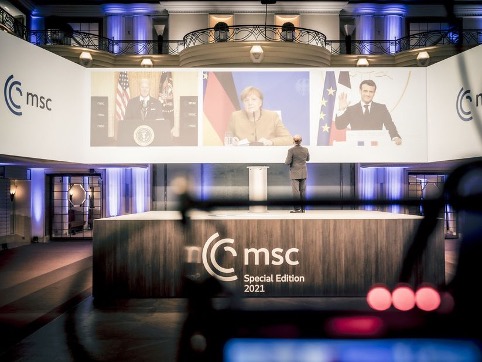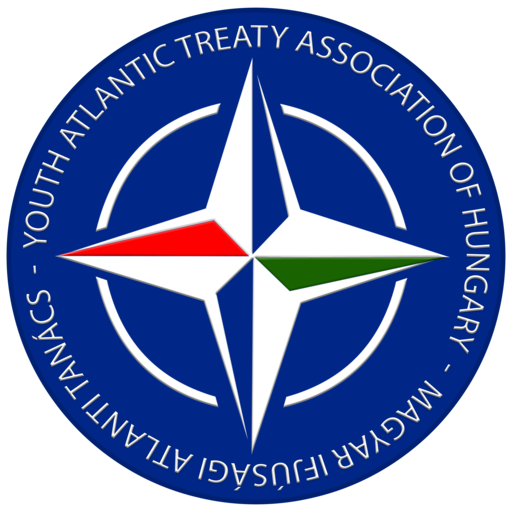On February 19, the world turned its attention to a special yearly event, the Munich Security Conference. Albeit this time virtually, the stage has been home to Joe Biden, Angela Merkel, Emmanuel Macron, Ursula von der Leyen, Charles Michel, Jens Stoltenberg, Boris Johnson, and other world leaders to present their views on the future of the West.
In his opening remarks Wolfgang Ischinger, president of the Munich Security Conference, highlighted the turbulent times we live in. Despite the German hope for reaching the everlasting peace and harmony after the end of the Cold War, Europe is still fighting its battles along its borders. While the European neighbourhood has been preoccupied by the external threats, 2020 introduced a new global challenge. Overshadowed by the impacts of climate change and the disruption brought by the global pandemic, the Munich Security Conference has hardly ever been more timely to address the rebuilding, renewing, and reforming of the transatlantic partnership.
Living up to his promise of returning, Joe Biden – the first United States president participating on the MSC Conference – highlighted America’s revitalised commitment to the transatlantic Alliance and called for a renewed trust between Europe and the United States. His willingness to actively engage into dialogue with the other side of the Atlantic Ocean has been warmly welcomed by both Angela Merkel and Emmanuel Macron. Along this chain of thought the German chancellor expressed her support for multilateralism both among allies and throughout the involvement of international organisations. As a demonstration of Germany’s call for actions, Merkel expressed the country’s intention to play an active role in the Middle East and North Africa region. The need for defining strategic challenges has been also highlighted and seconded by Emmanuel Macron. However, the French president placed emphasis on “an agenda that is unique”. Recalling that Europe is facing its own security challenges, Macron called for a more robust European defence. While inviting allies for revisiting the European security architecture, he also urged the international community to work on the elimination of inequalities between the West and the rest, and advocated for global access to vaccination.
The forward-looking approach on the transatlantic agenda has been continued by the leaders of the European Union and NATO. Ursula von der Leyen expressed the EU’s hopes for sharing the leadership of tackling the issues of climate change with the Biden administration. Furthermore, she highlighted the need to decrease our footprint both ecologically and digitally. Regarding the latter, the president of the European Commission invited all members of the transatlantic partnership to impose democratic limits on the big data and protect the population from the harmful impact of digitalisation. As an additional incentive for close cooperation, Charles Michel expressed his concerns regarding the rule of law and the eroding respect for the common values. In his views, uniting forces is the only way to succeed in rebuilding our societies and economies after the pandemic. The critical importance of defending and promoting democratic values has been also underlined by Jens Stoltenberg. In his assessment of the future challenges, the Secretary General of NATO referred to the rise of China, the unconventional threats including cyber and disruptive technologies, the destabilising behaviour of Russia, and the global challenges, such as terrorism and climate change. Despite the growth of the threats to the transatlantic region’s security, Stoltenberg praised this our historic opportunity to build an ever stronger Alliance.
The same vision has been seconded by Boris Johnson, the final speaker of the conference on the new transatlantic agenda. His forward-looking approach conveyed a strong message for uniting the forces of the transatlantic partnership to defend the rules based order, the democratic values, and forge a (pandemic) resilient defence alliance. The United Kingdom’s prime minister invited both sides of the Atlantic to build a coalition for openness and innovation in an era of renewed competition.

